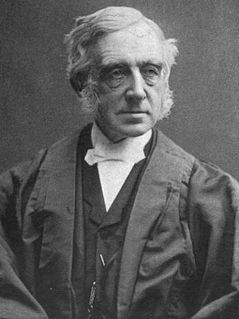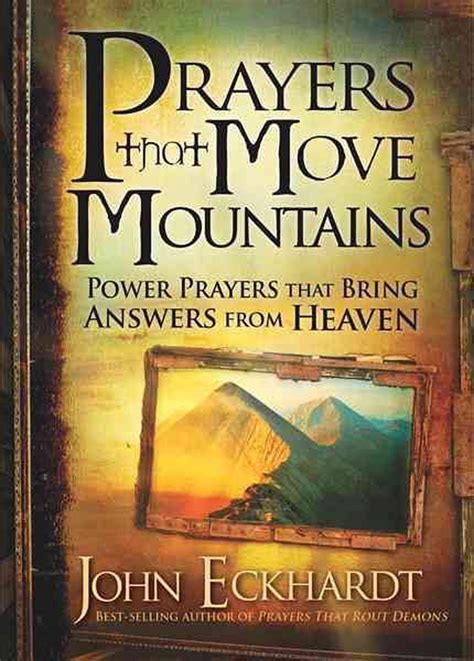A Quote by William Shakespeare
The eagle suffers little birds to sing, And is not careful what they mean thereby, Knowing that with the shadow of his wings He can at pleasure stint their melody: Even so mayest thou the giddy men of Rome.
Related Quotes
Be strong and of a good courage: for unto this people shalt thou divide for an inheritance the land, which I sware unto their fathers to give them. Only be thou strong and very courageous, that thou mayest observe to do according to all the law, which Moses my servant commanded thee: turn not from it to the right hand or to the left, that thou mayest prosper whithersoever thou goest.
The Hebrew word, the word timshel - 'Thou mayest' - that gives a choice. It might be the most important word in the world. That says the way is open...Why, that makes a man great...He can choose his course and fight it through and win...I have a new love for that glittering instrument, the human soul. It is a lovely and unique thing in the universe. It is always attacked and never destroyed - because 'Thou mayest'. ch 24
There is a wisdom that is woe; but there is a woe that is madness. And there is a Catskill eagle in some souls that can alike dive down into the blackest gorges, and soar out of them again and become invisible in the sunny spaces. And even if he for ever flies within the gorge, that gorge is in the mountains; so that even in his lowest swoop the mountain eagle is still higher than other birds upon the plain, even though they soar.
Prayer Declaration I will trust in the covering of Your wings, and in the shadow of Your wings I will trust. Be my defense and refuge in times of trouble. I will sing of Your strength. In the morning I will sing of Your love, for You are my fortress. You are my strength. I sing praise to You, for on You I can rely.
In the yoga sutras, they have this beautiful analogy that the journey of life is like the flight of an eagle, or the journey over multiple lifetimes is like a flight of an eagle. First, the eagle stretches its wings high, high, high, and experiences everything that the world has to offer in terms of flight. It's growing and flying and it's experiencing, and then it brings its wings down gracefully and that is the completion of the journey.




































